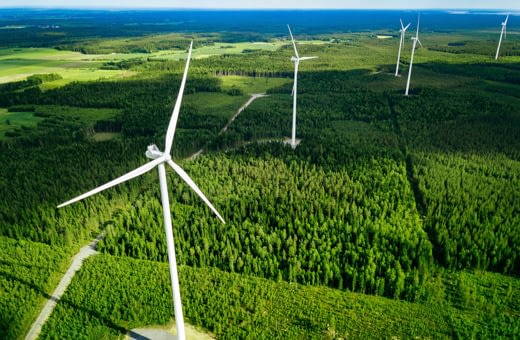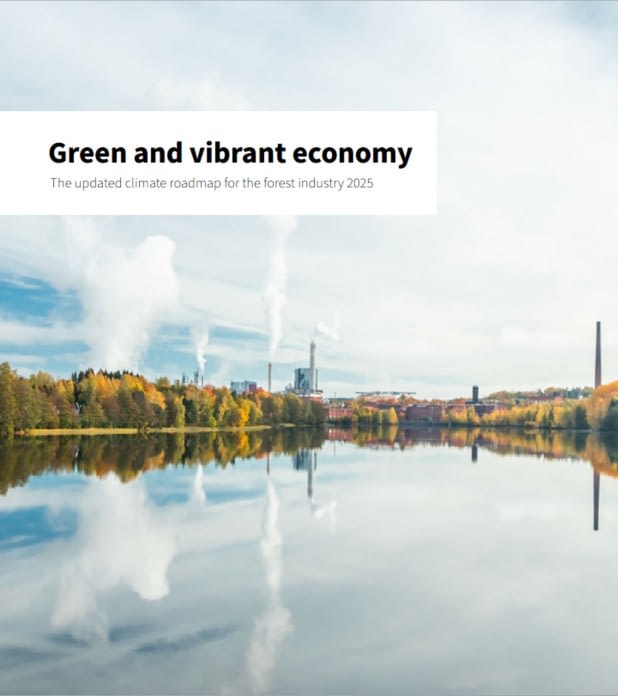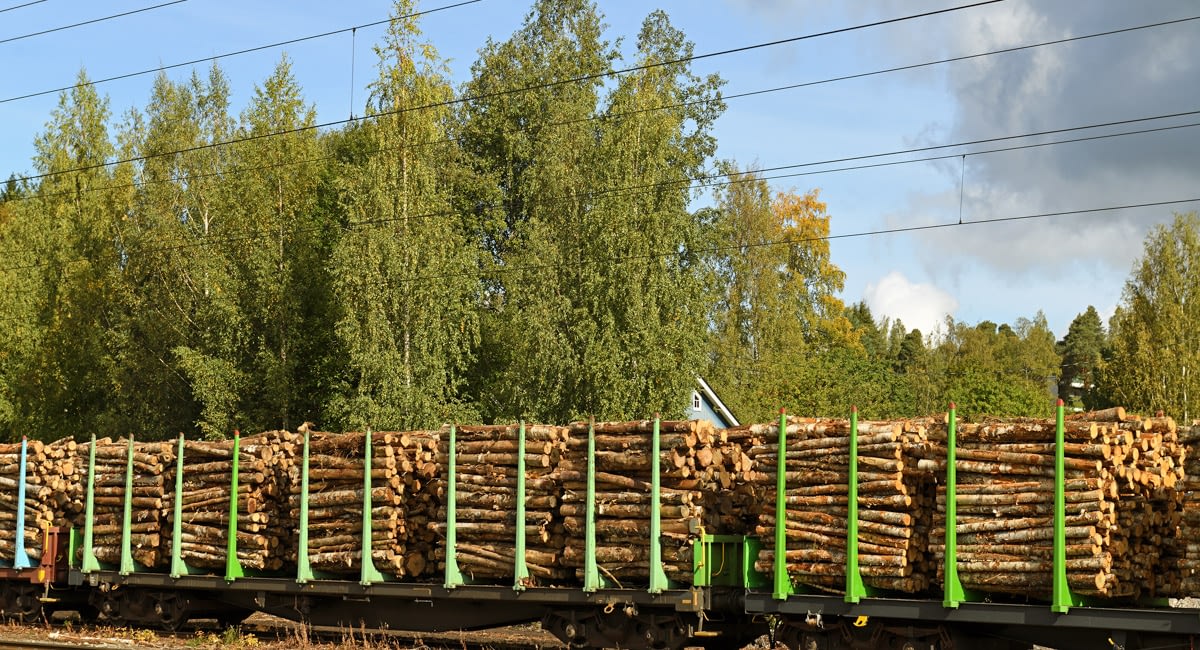Industry is still facing a lot of new legislation following the Fit For 55 package with numerous ambitious targets. As such, we look forward to the next EU policy initiative expected later this month: the Clean Industrial Deal to provide better competitiveness while phasing down the fossil economy.
As important players in the bioeconomy, our industries provide solutions that can replace fossil-intensive products, store bio-based carbon, and meet the needs of consumers, industries, and society. We’re expecting the Clean industrial Deal to essentially be a business plan targeting especially energy-intensive industries to increase investments in the EU.
Our industry is continuously innovating, for example we deliver renewable construction materials, pulp for various end-use purposes, packaging materials, textiles, composites, tissue papers, baking and cooking papers, advanced biofuels, bio-based plastics, biochemicals, materials for automotive (e.g. fillers replacing rubbers and plastics) and side-streams for bioenergy production.
We look forward to a Clean Industrial Deal that supports industries like ours to deliver required climate solutions and achieve industrial transformation. We rely on domestic renewable raw materials and in all our sector is very much “Made in Europe”. We have already reached 92 percent of renewables in our energy production, being an important part of material and energy self-sufficiency for Europe.
Reducing dependence on non-renewable and fossil-intensive materials is a key step towards a more sustainable and circular future. The EU Clean Industrial Deal should enhance the market for bio-based innovations and incentivize the use of renewable raw materials and products.
The EU needs to unlock the full potential of the sustainable, forest-based bioeconomy. Our industry has scalable solutions, but we need favourable operating conditions to enter markets. To ensure policy coherence, the bioeconomy should be integrated into EU climate, industrial, circular economy, and innovation policies. This will strengthen the EU’s strategic autonomy.
Policies need to channel ETS revenues into industry decarbonization projects to accelerate net-zero infrastructure. Energy efficiency policies need to focus on reducing fossil energy use rather than limiting overall fossil-free energy consumption, which could hamper hydrogen and CCUS developments.
To secure the future of the bioeconomy, policies should maintain carbon neutrality of sustainably grown biomass and keep biogenic emissions separate from fossil emissions in accounting and reporting. To unleash new potentials in the bioeconomy, policies should boost investments in energy infrastructure to promote electrification and to meet the increasing energy demands of hydrogen and CCUS technologies.







